Masonry Shelf Angle Thermal Bridging Solution
Masonry Shelf Angle
Masonry veneer walls require tie-backs and a masonry shelf angle which form significant thermal bridges and can reduce a walls’ R value by as much as 50% making it difficult to meet energy codes. Shelf angles transfer the masonry load back to the buildings’ structural steel or concrete slab edge interrupting the continuous insulation of the wall assembly creating a linear thermal bridge.
To improve the U value of a masonry wall assembly, the shelf angle can be connected to the structure at discreet, evenly spaced points such as plate “blades” allowing the insulation to pass behind the steel angle, thus reducing the effects of a continuous thermal bridge. However, building the shelf angle outwards requires larger geometries and additional material to support the cantilevered load.
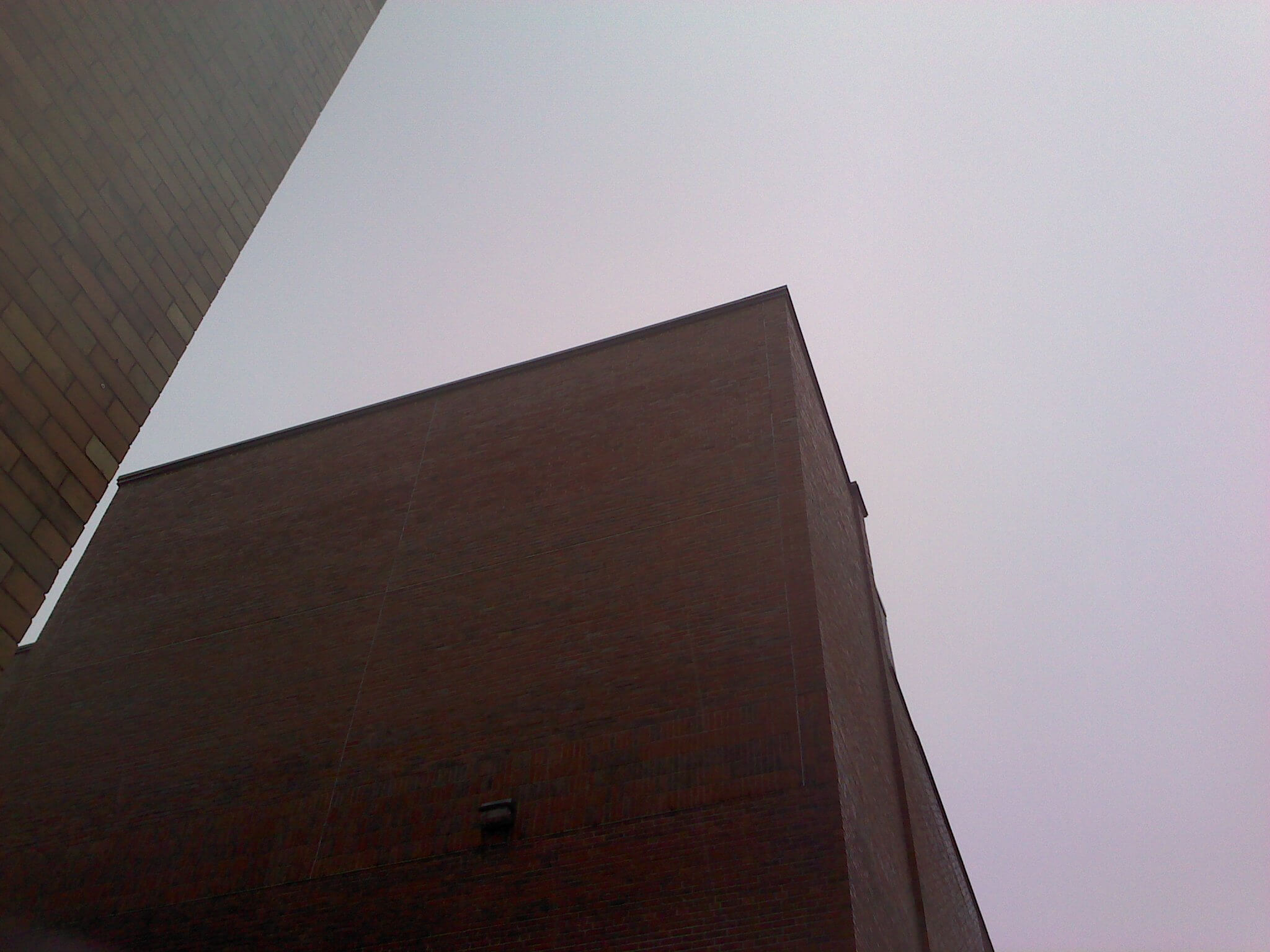
Masonry Shelf Angle Connection
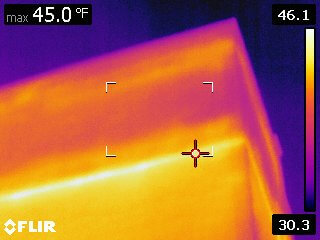
Masonry Shelf Angle Thermal Image
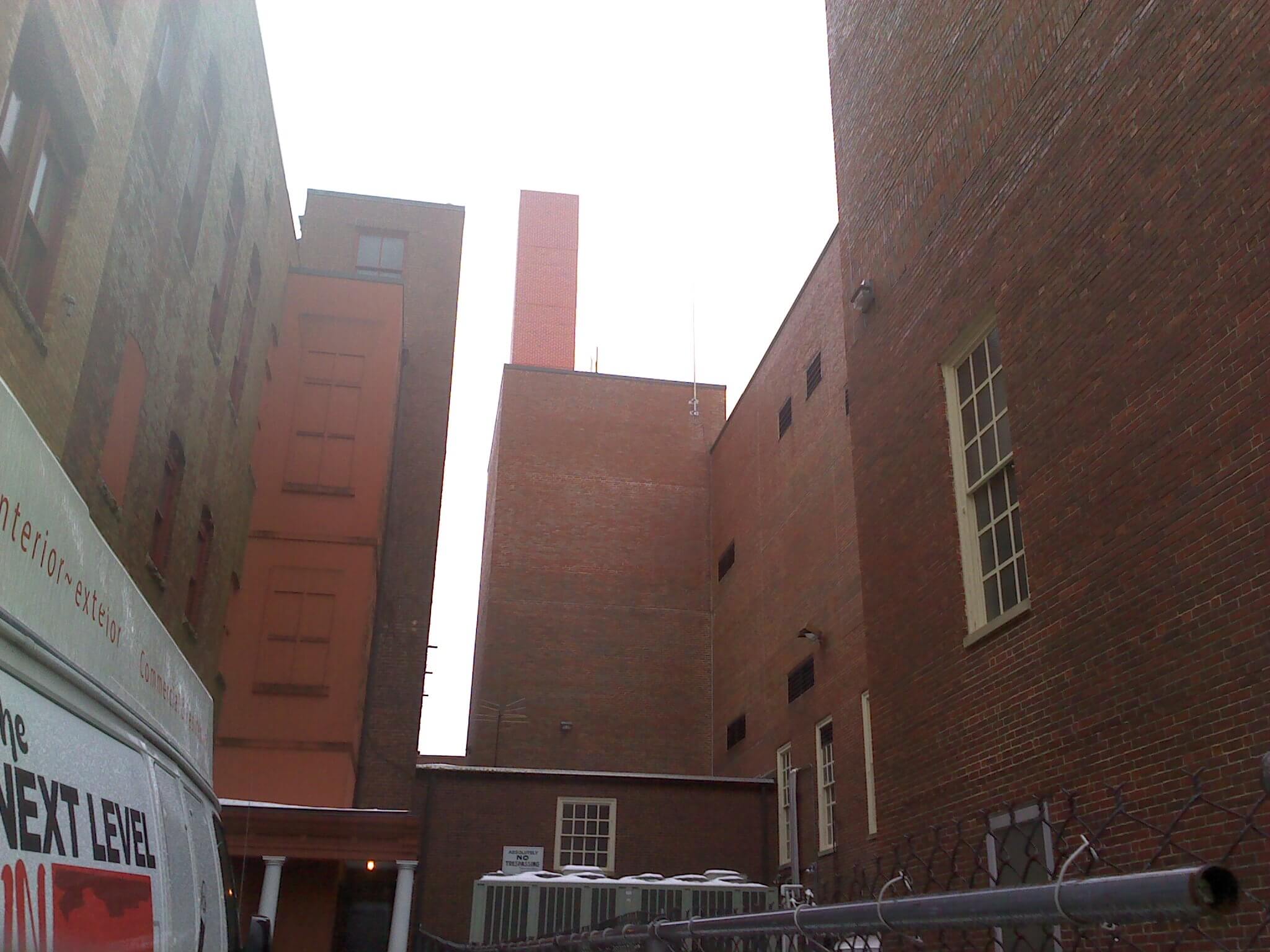
Masonry Shelf Angle Connection
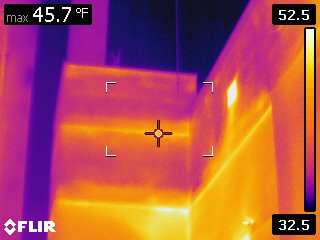
Masonry Shelf Angle Thermal Image
Improving Wall Assembly Efficiency
Alternatively, Armatherm™ FRR structural thermal break material can be used directly behind the masonry shelf angle as a thermal break within the insulating layer. The Armatherm™ thermal break significantly reduces the linear transmittance (heat loss) of the shelf angle connection. Rigid, metal flashing used as waterproofing can also be replaced with a non-conductive, self-adhered membrane to reduce the effects of thermal bridging further.
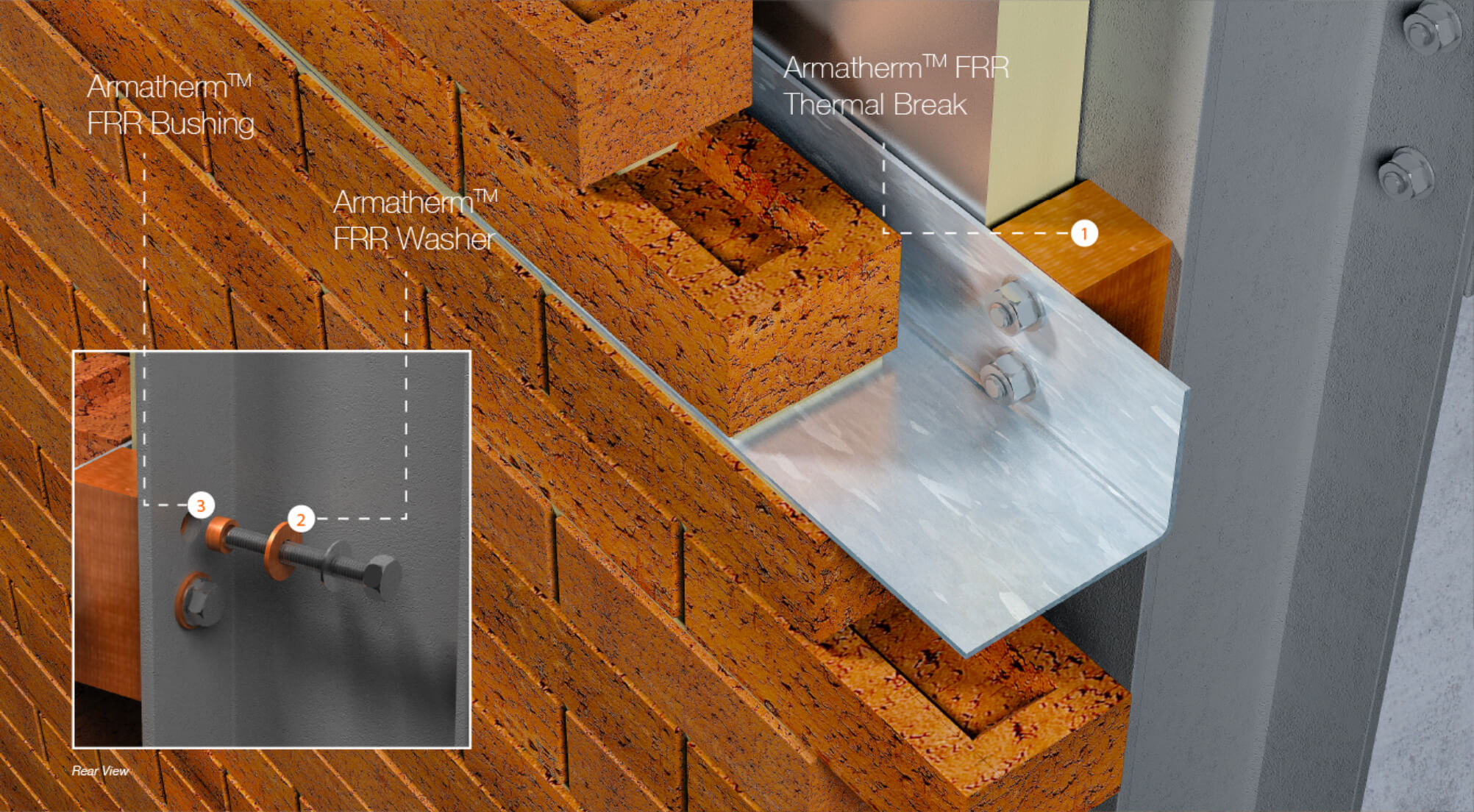
Armatherm™ Masonry Shelf Angle
Need help?
Contact us today to find out more or request a quote.

 UK
UK USA
USA Canada
Canada Australia
Australia New Zealand
New Zealand Germany
Germany UAE
UAE Ireland
Ireland Sweden
Sweden Denmark
Denmark Norway
Norway


